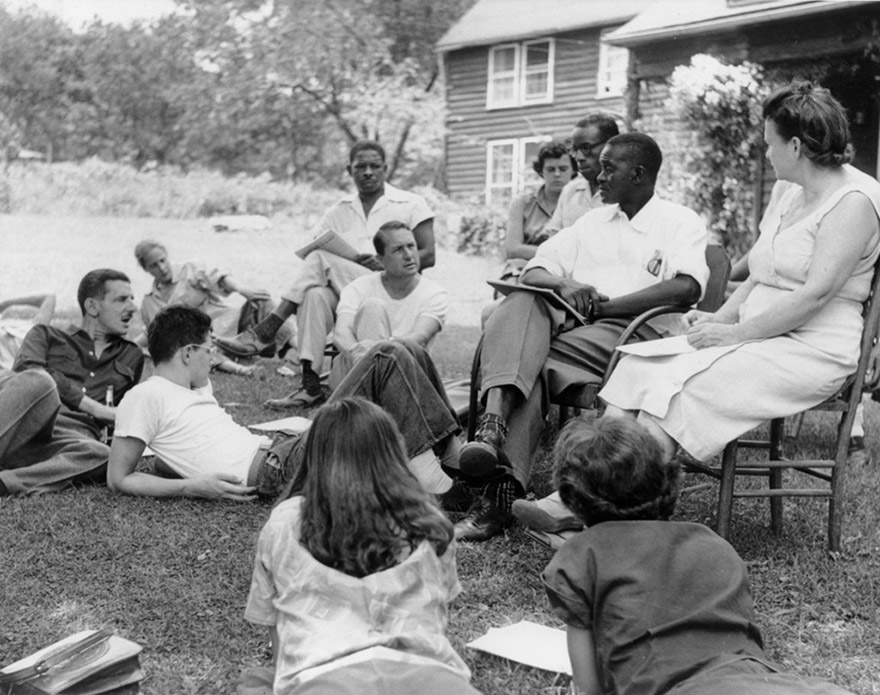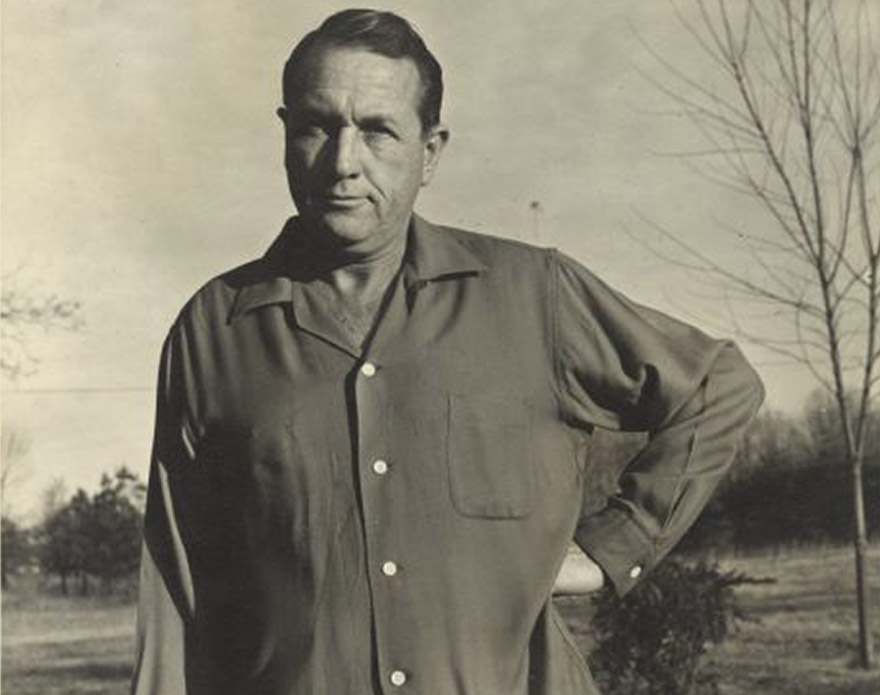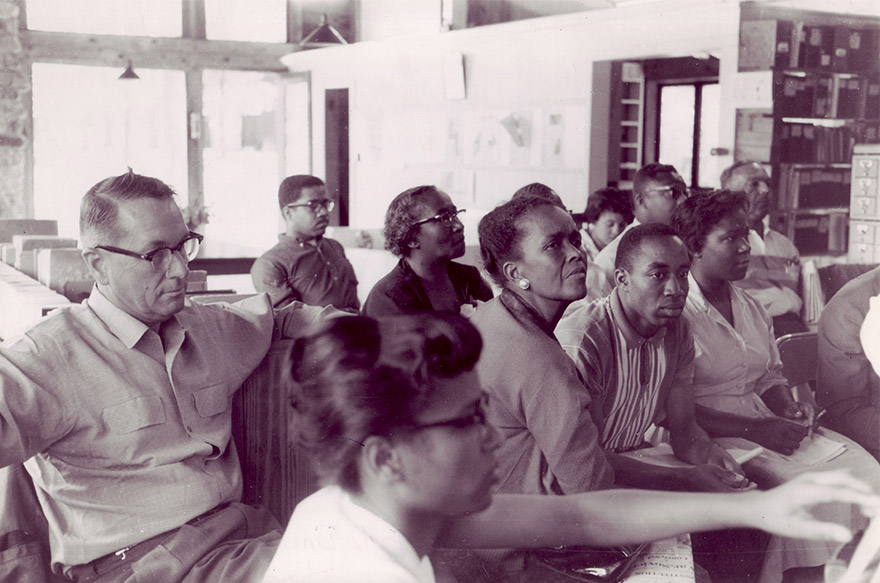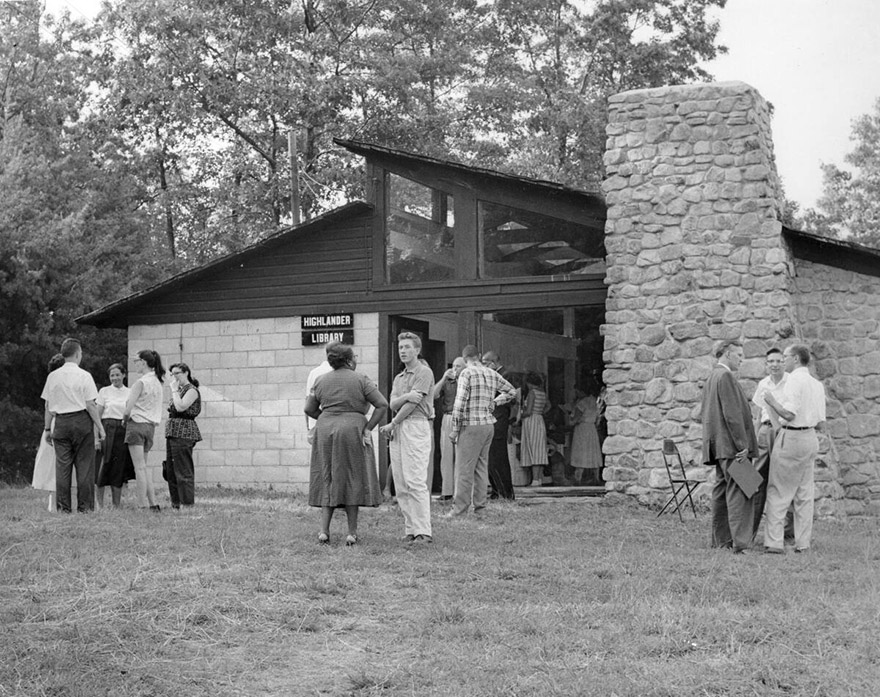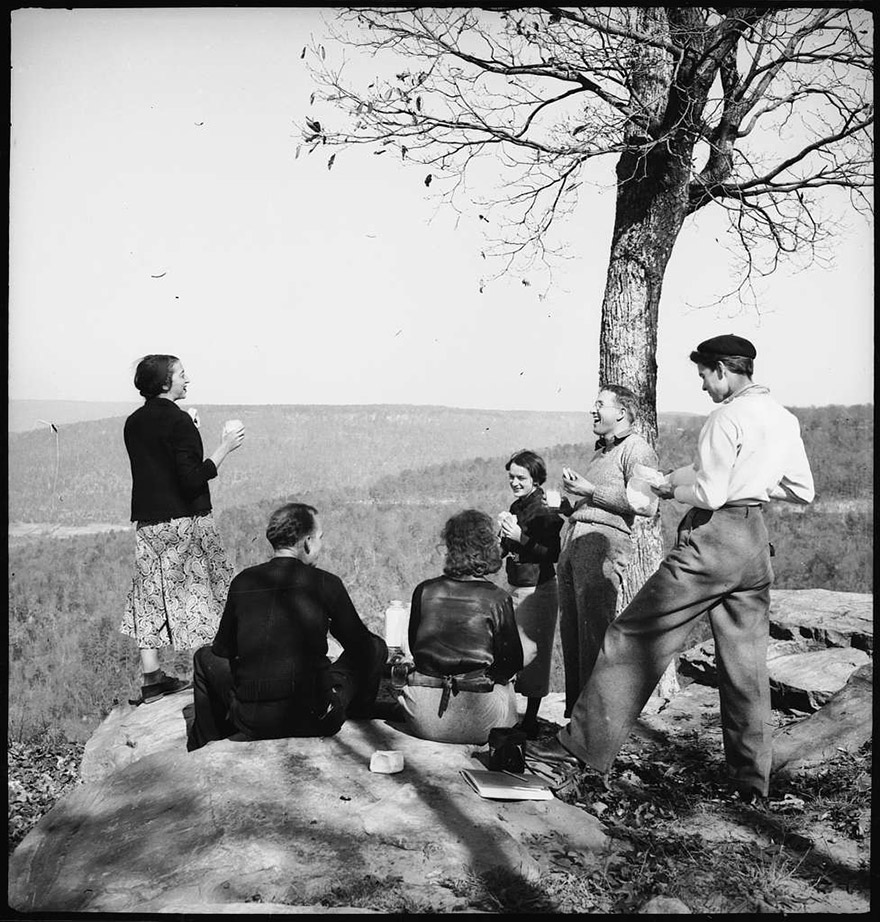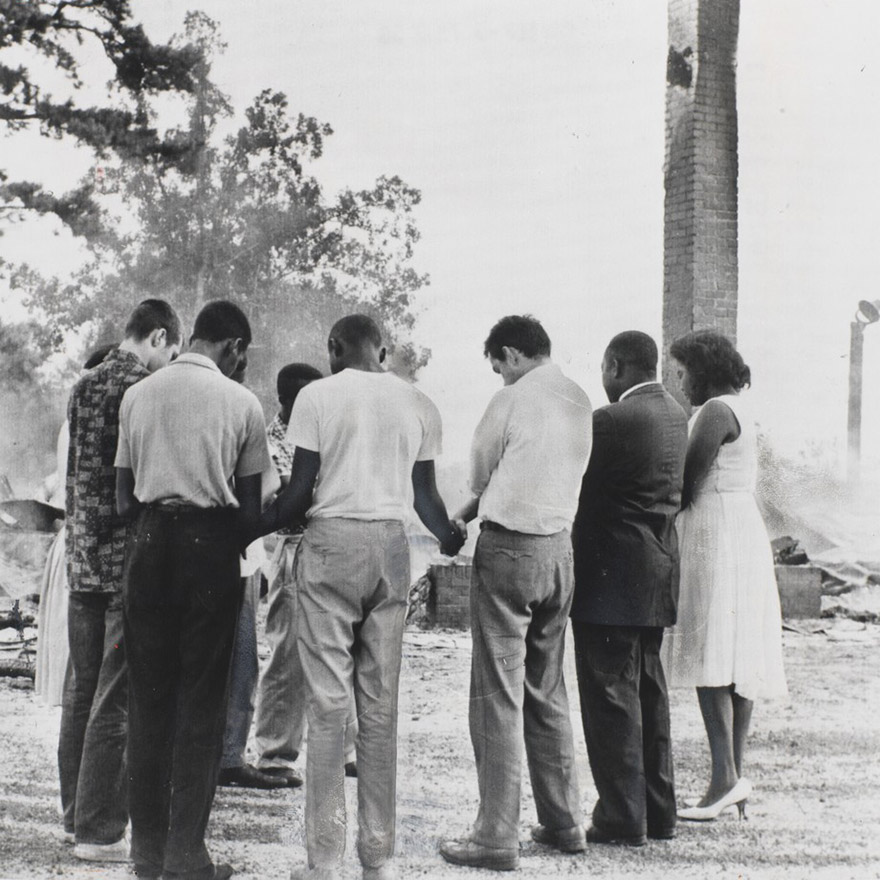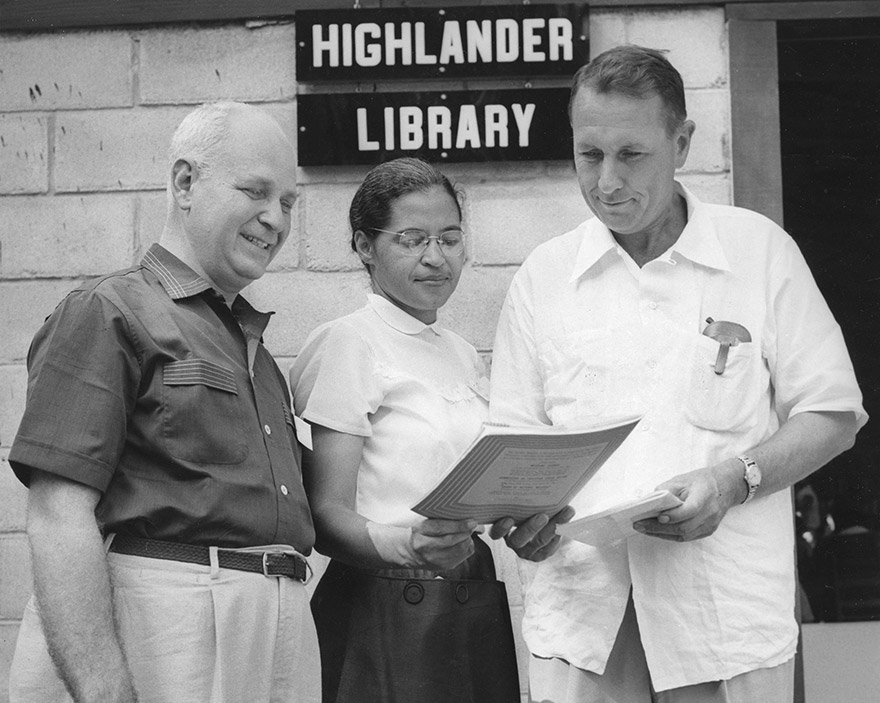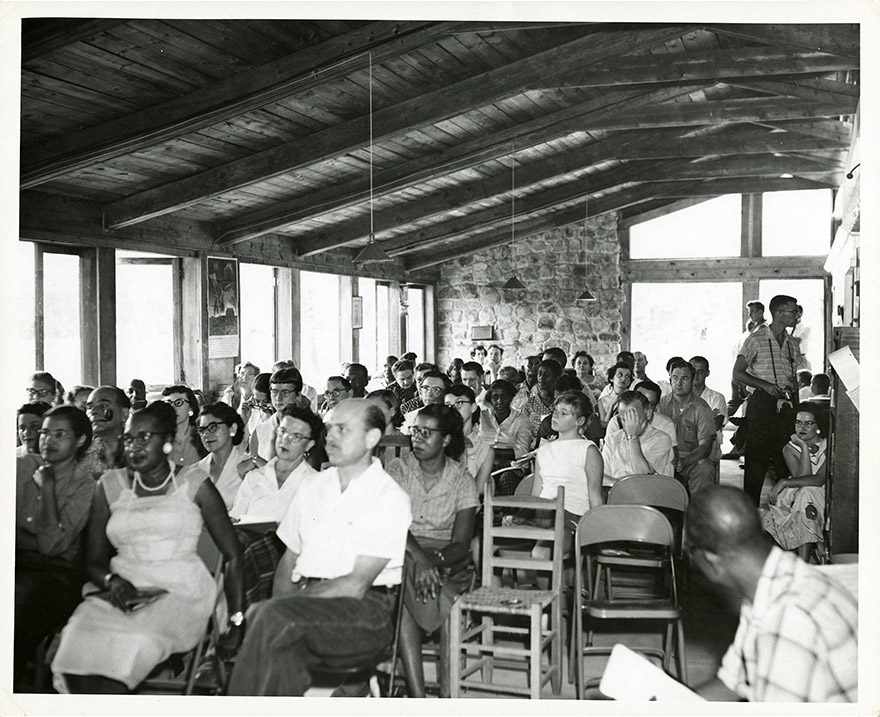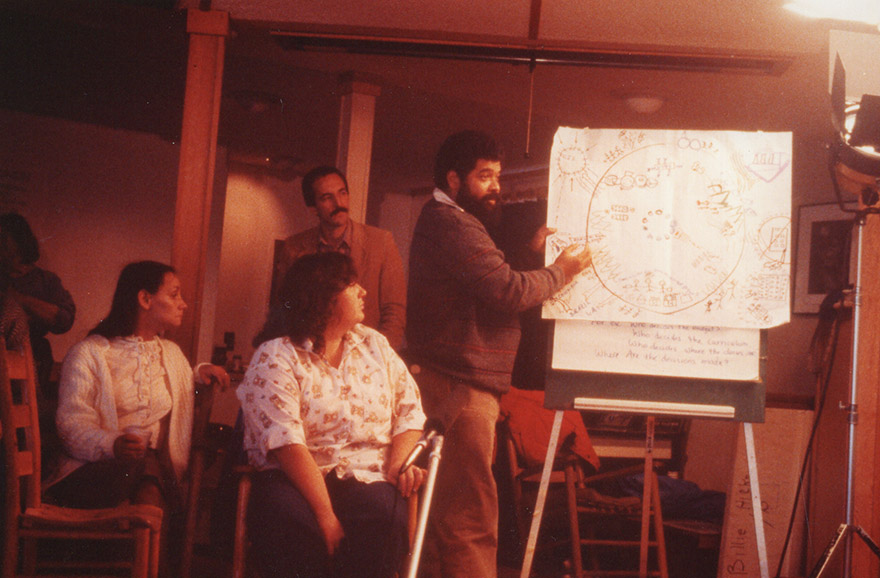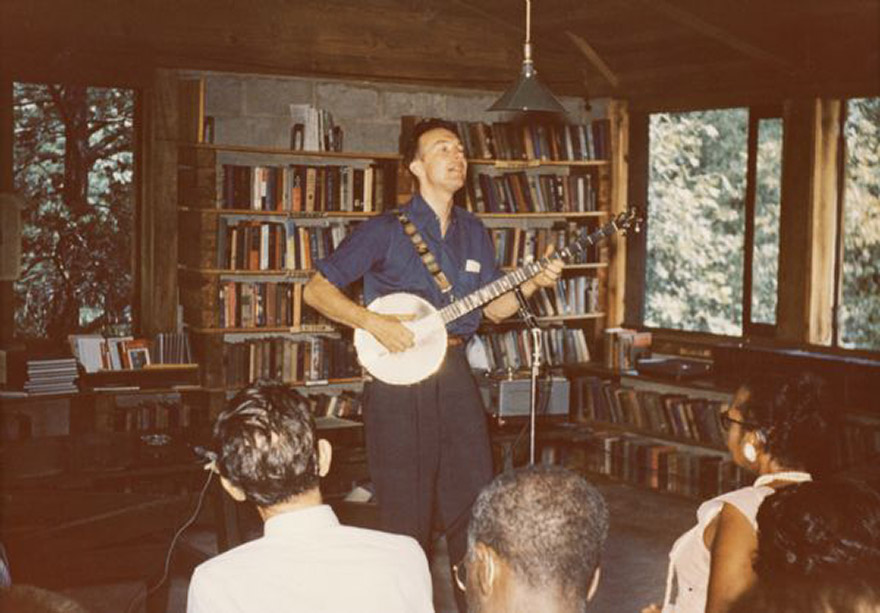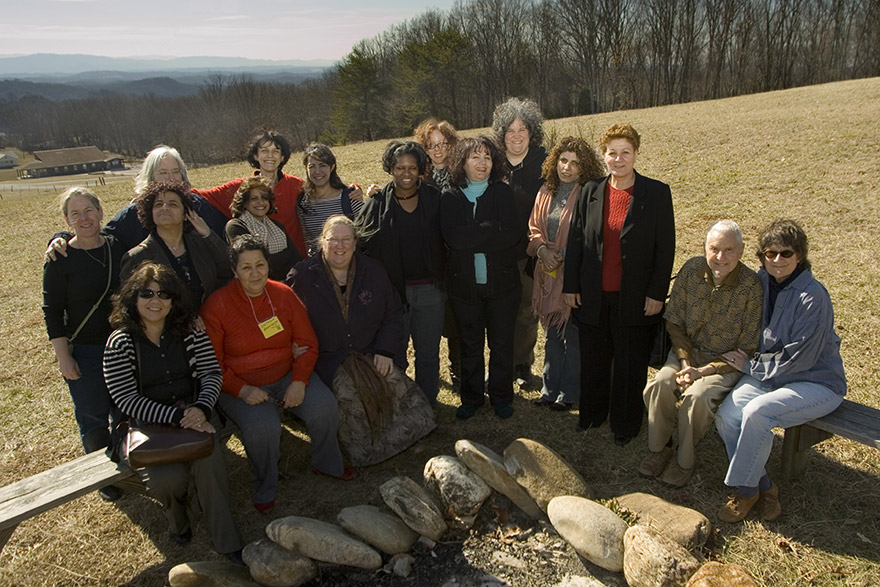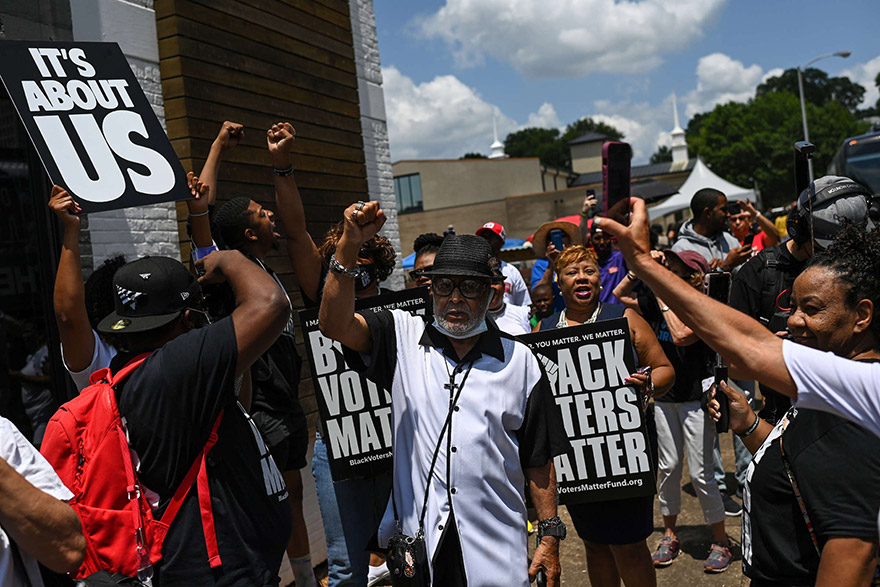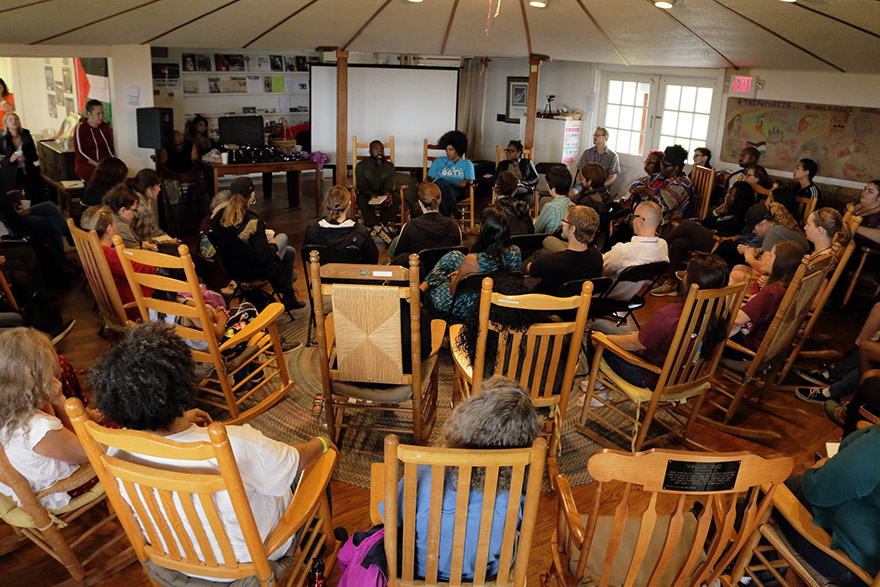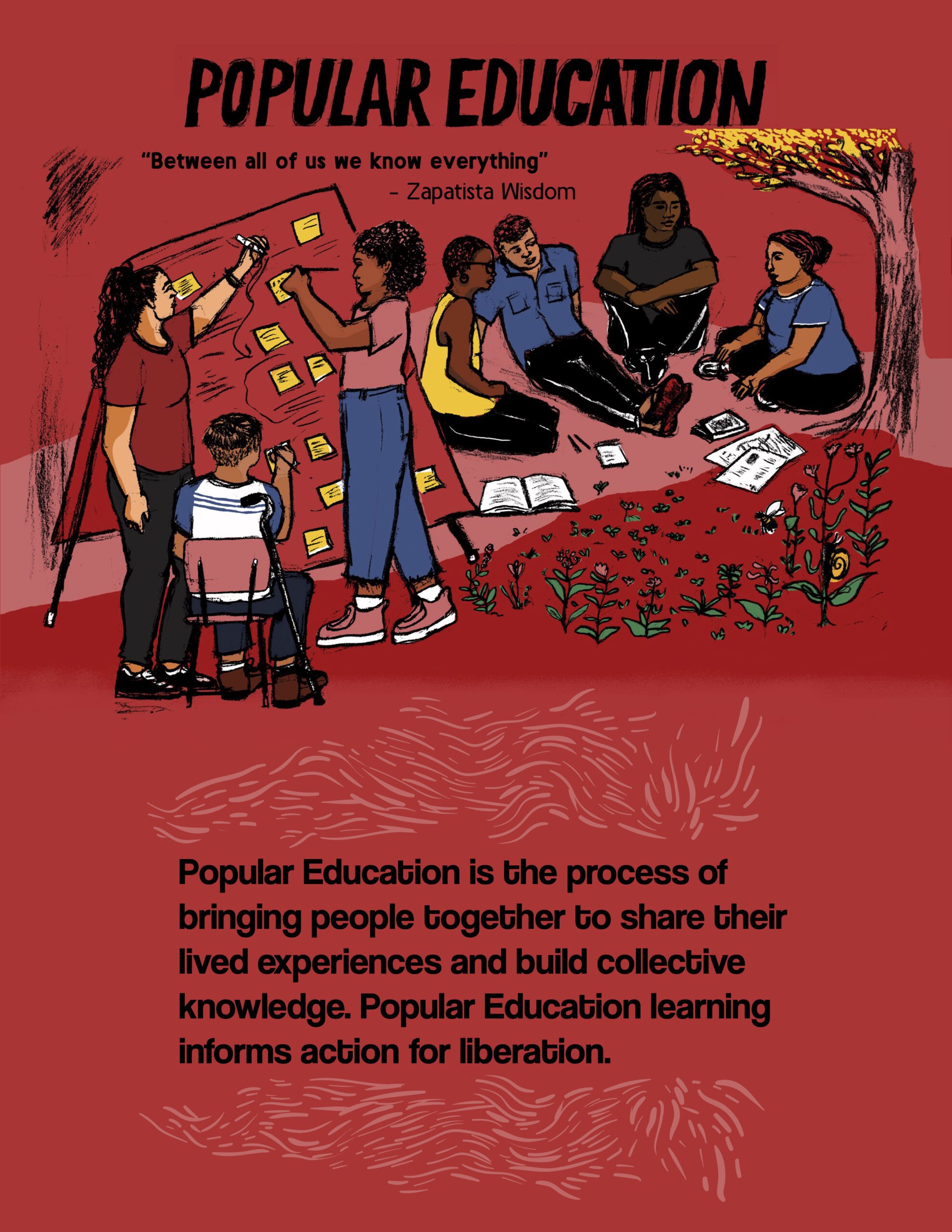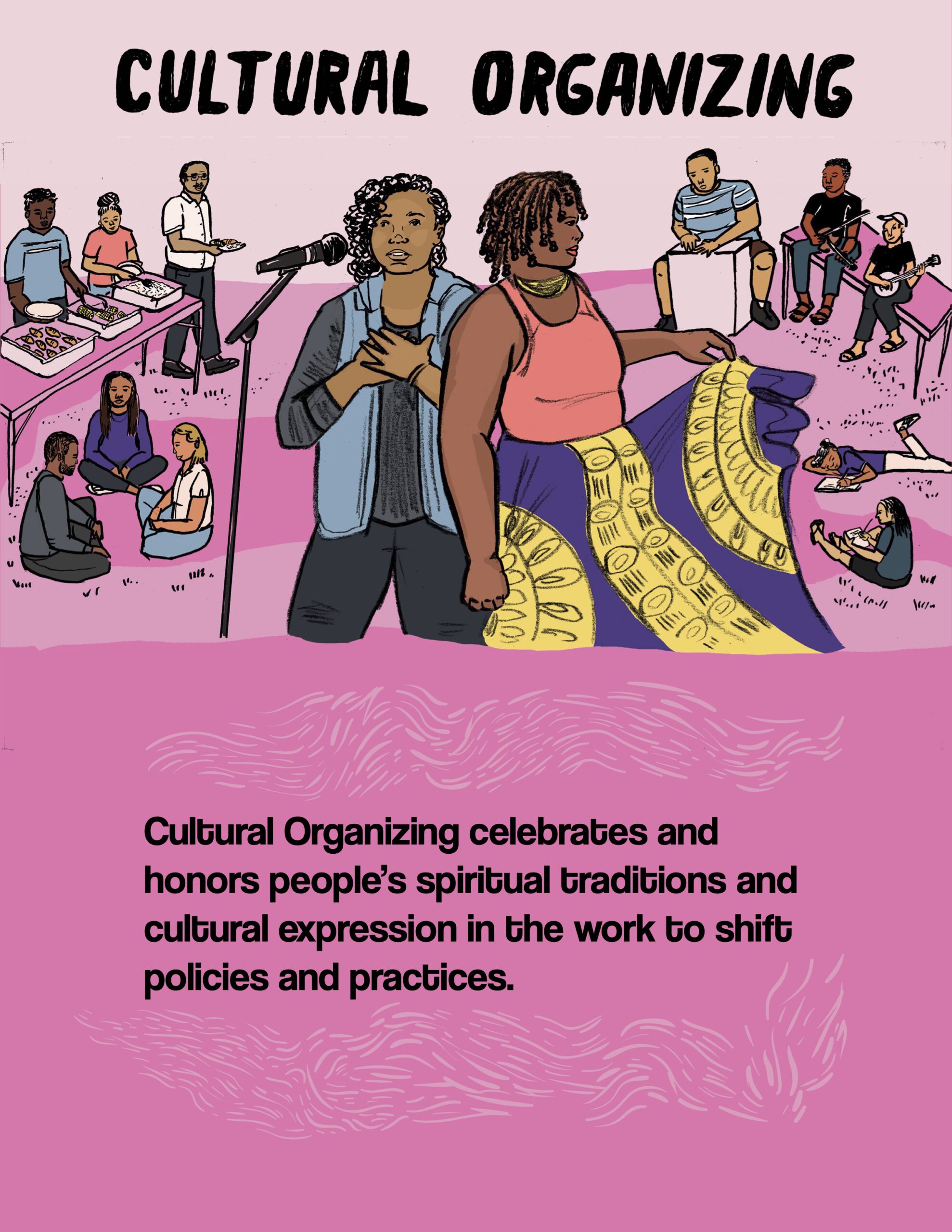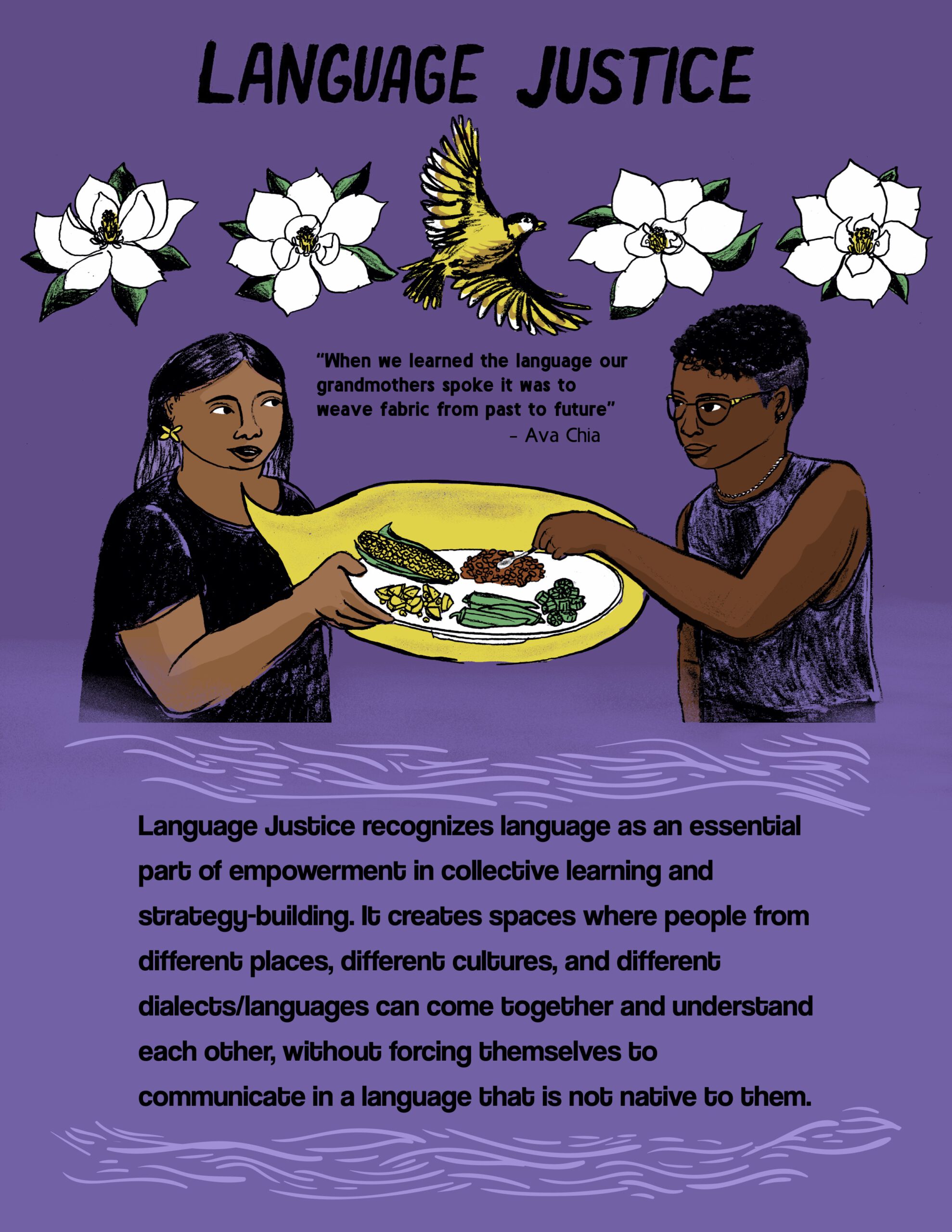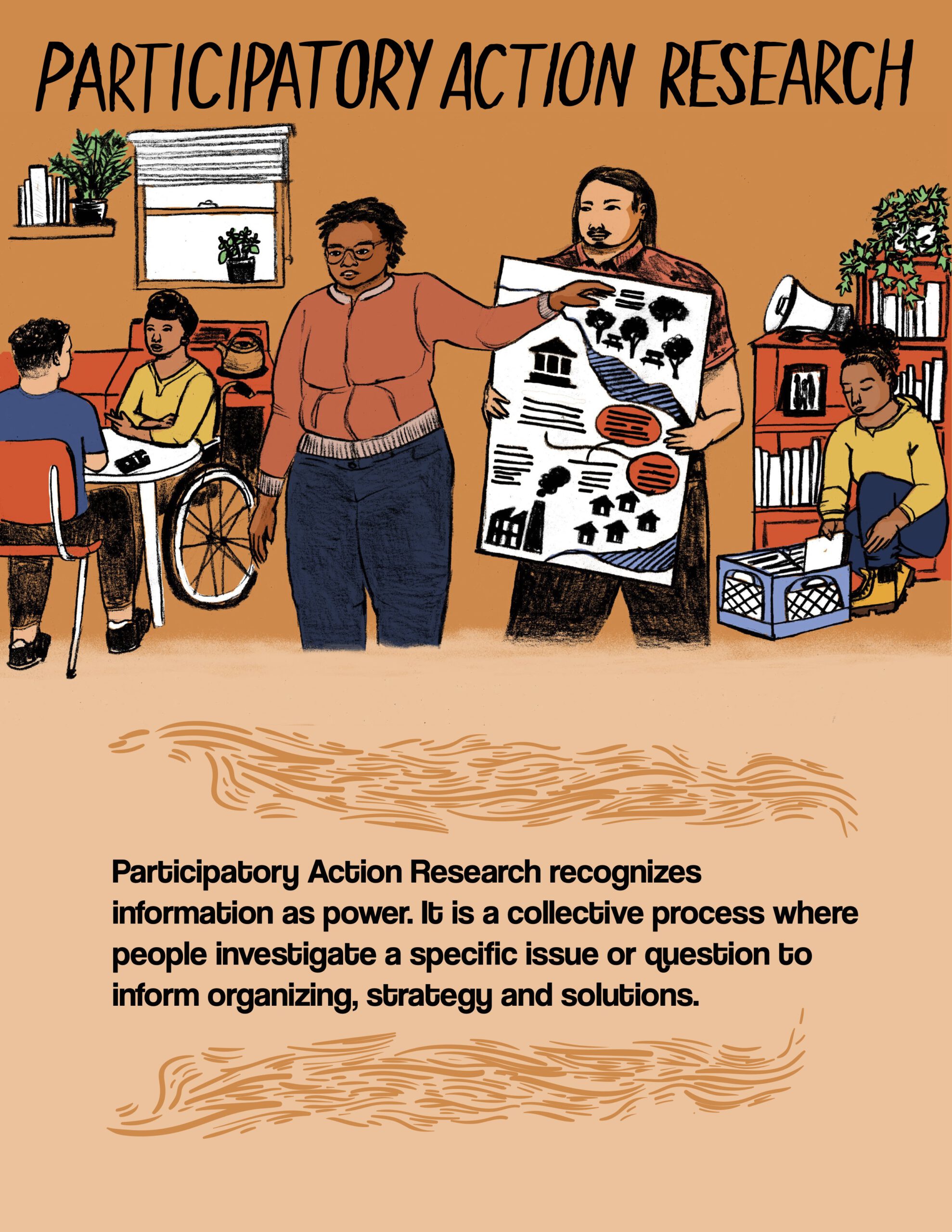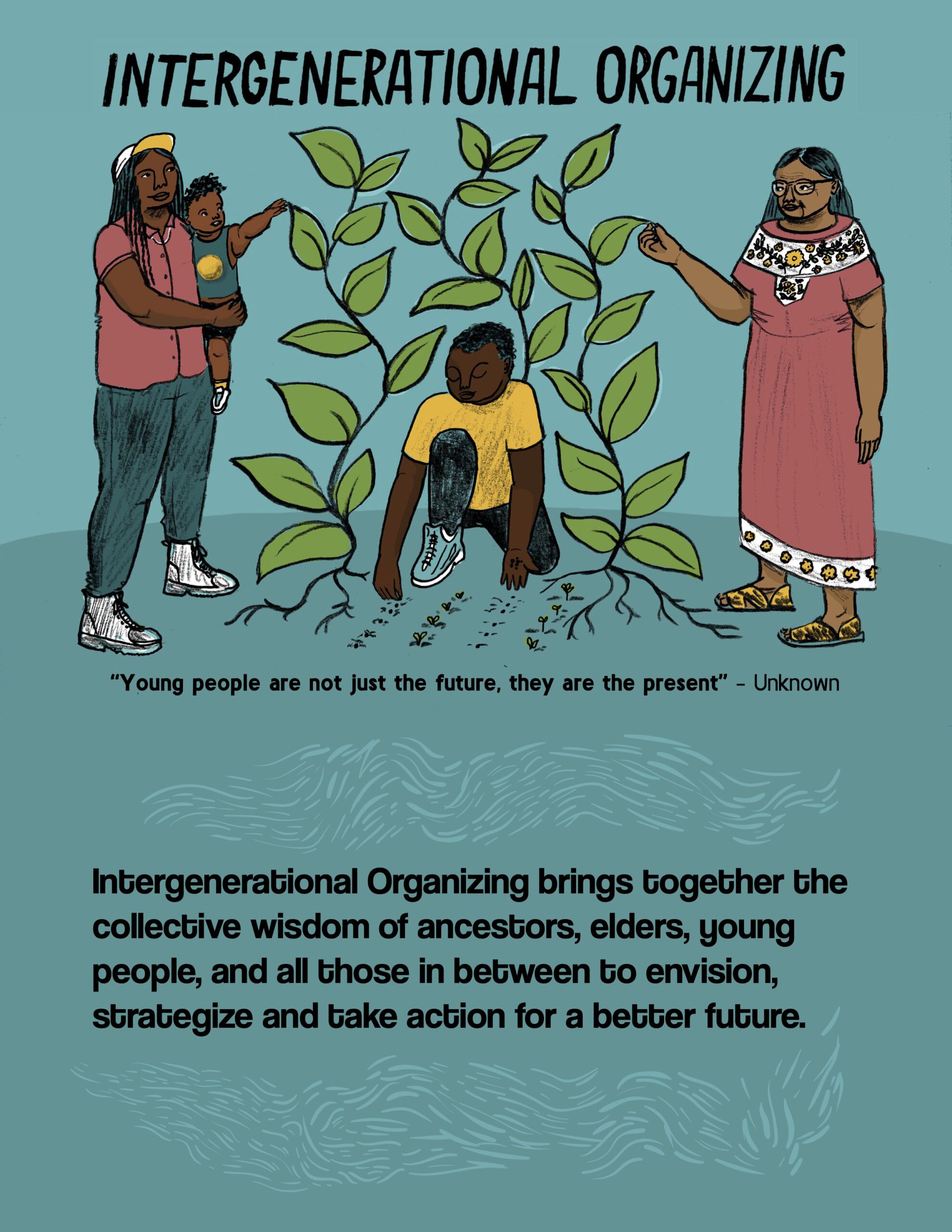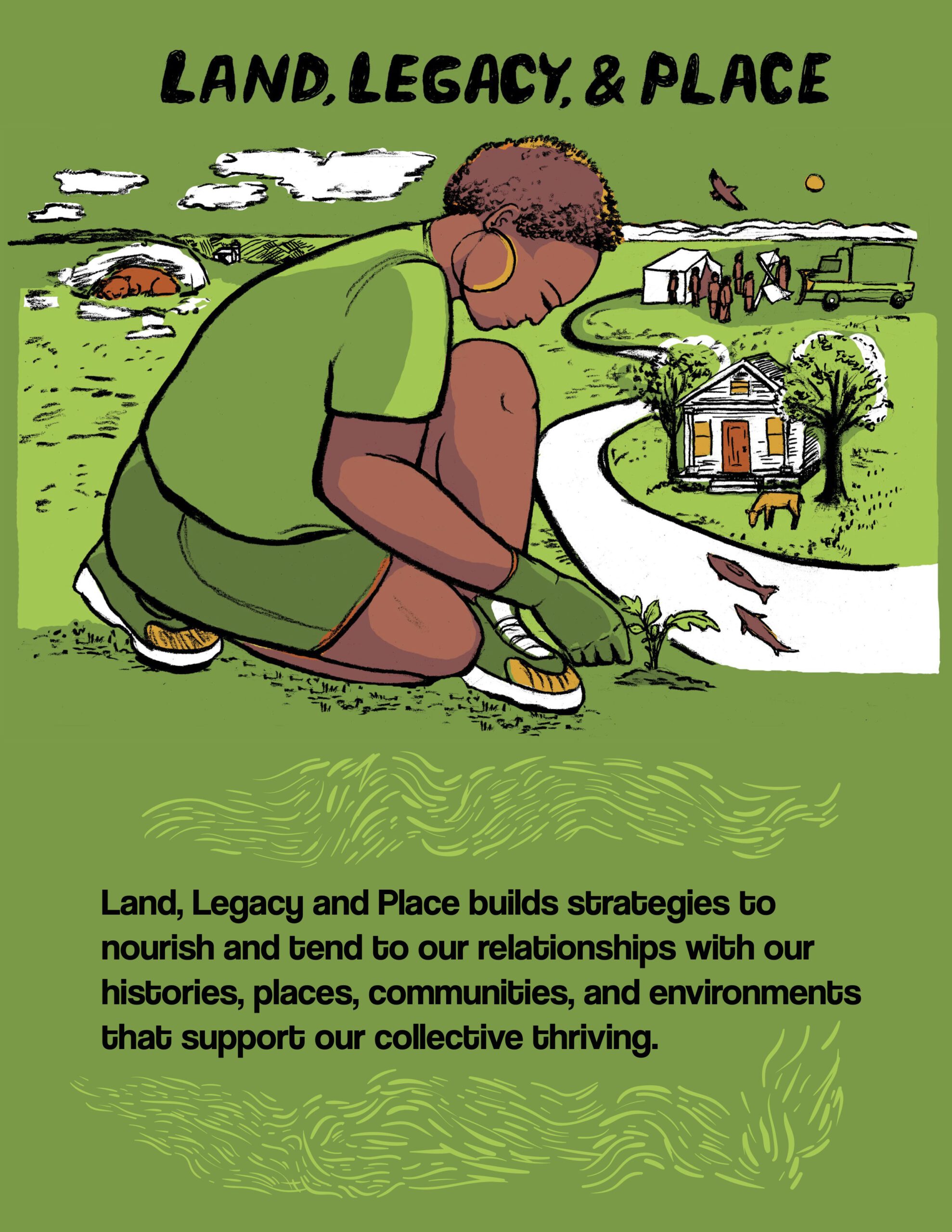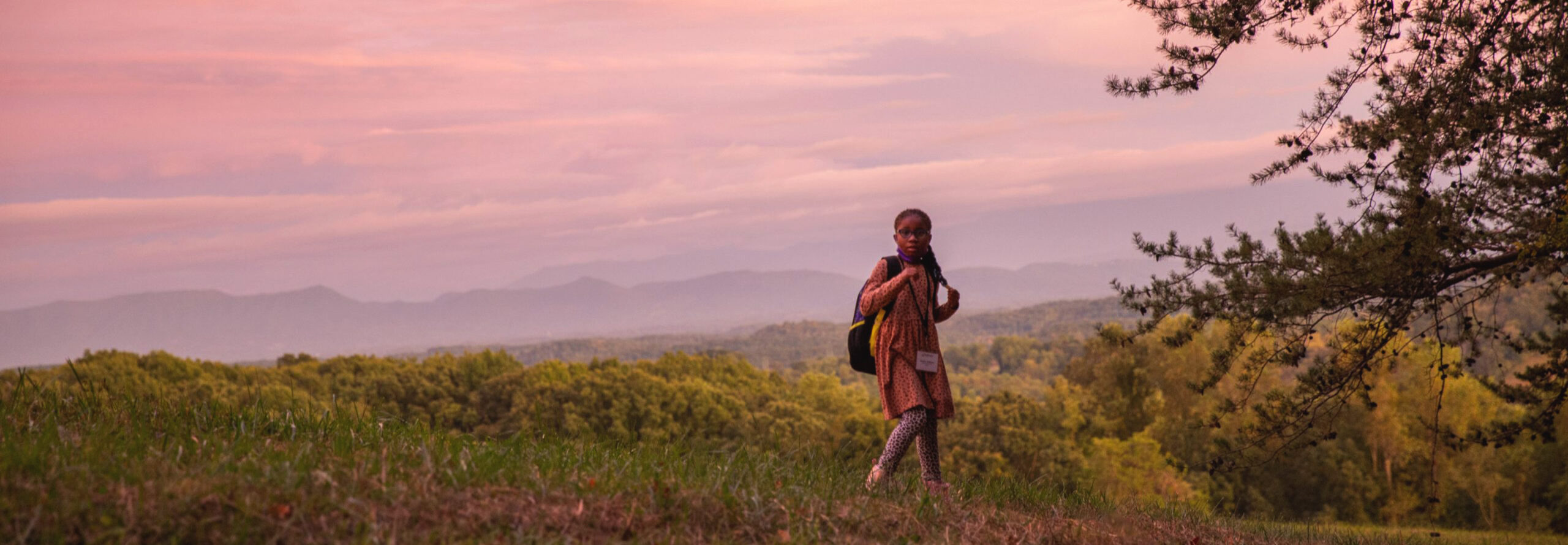90 Years of
Movement
for Justice
Highlander founder Myles Horton grew up in Savannah, Tennessee. Dedicated to activism from a young age, Myles regularly met with members of his community, and discovered the power of collective discourse to generate solutions. This experience, as well as his expansive theological education, the worldviews of his contemporaries, and his insight into the Danish tradition of folk schools, planted the seeds of what would later become the Highlander Folk School.
In 1932, Myles, Don West, Jim Dombrowski, and others founded the Highlander Folk School in Monteagle, Tennessee. They focused first on organizing with both unemployed and working people. By the late 1930s, Highlander was serving as the de-facto CIO education center for the region, training union organizers and leaders in 11 southern states. During this period, Highlander also fought segregation in the labor movement, holding its first integrated workshop in 1944.
Highlander’s commitment to ending segregation made it a critical incubator of the Civil Rights movement. Workshops and training sessions at Highlander helped lay the groundwork for many of the movement’s most important initiatives, including the Montgomery bus boycott, the Citizenship Schools, and the founding of the Student Nonviolent Coordinating Committee (SNCC). In 1961, after years of red-baiting and several government investigations, the state of Tennessee revoked Highlander’s charter and seized its land and buildings. The school reopened the next day as the Highlander Research and Education Center. From 1961-1971, it was based in Knoxville, and in 1972 it moved to its current location near New Market, Tennessee.
In the late 1960s and 1970s, Highlander was central to organizing in Appalachia, supporting anti-strip mining and worker health and safety struggles, among other efforts. In the 1980s and 1990s, Highlander expanded its work to support grassroots groups fighting pollution and toxic dumping, and supported the emerging anti-globalization movement by sponsoring workshops and forging connections with international organizers. In January 1990, Myles died of brain cancer.
Today, Highlander continues to fight for justice and equality by supporting organizing among Latino immigrants and young people, celebrating cultural work as a vital part of organizing, and helping organizations in diverse constituencies develop new strategies and alliances. We prioritize programming for leadership development; strategic efforts to develop tools and mechanisms needed to advance multi-racial, intergenerational movements for justice in our region; and support of organizations from the Deep South, Appalachia, and immigrant communities.
